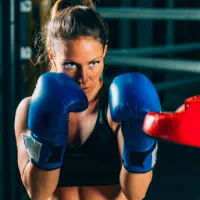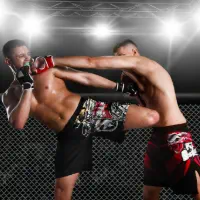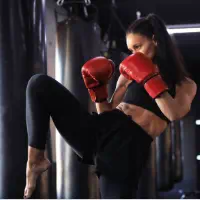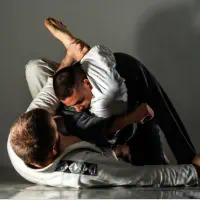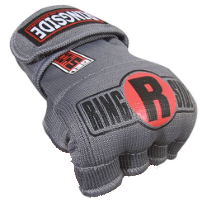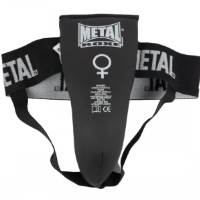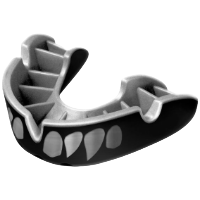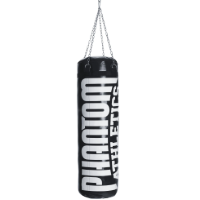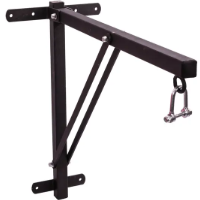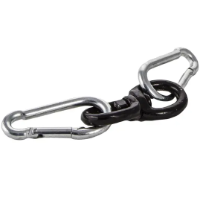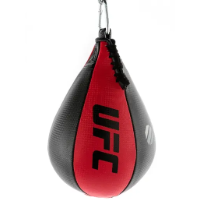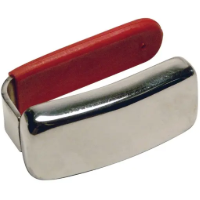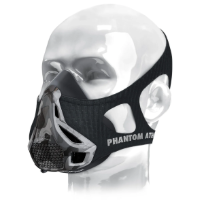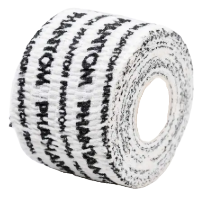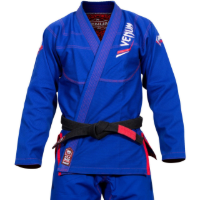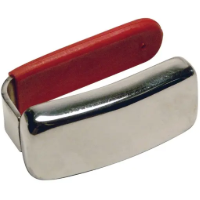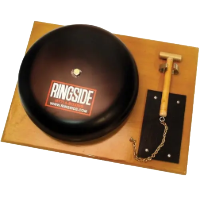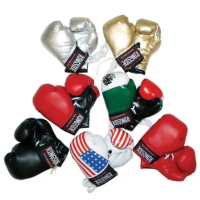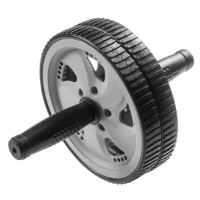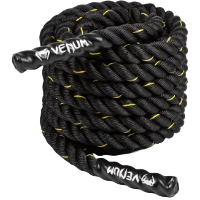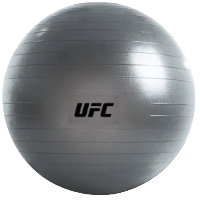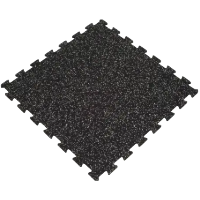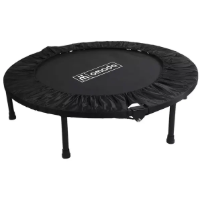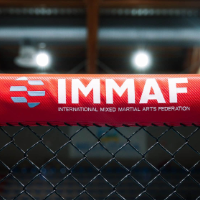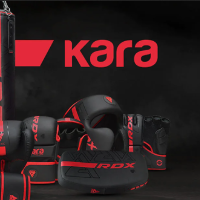Why Every MMA Fighter Needs Brazilian Jiu-Jitsu Training

In the high-stakes world of Mixed Martial Arts, being well-rounded isn't just an advantage—it's a necessity. Fighters who want to thrive in the cage need more than just powerful strikes or explosive takedowns. They need a way to survive and dominate on the ground. That’s where Brazilian Jiu-Jitsu (BJJ) becomes indispensable. Whether you’re a rising amateur or an experienced professional, BJJ provides the technical backbone required to navigate every aspect of a fight. This article dives deep into why BJJ is not only relevant but vital for any MMA fighter looking to stay competitive and safe.
1. Ground Control Is Fight Control
One of the most undeniable truths in MMA is this: fights often end up on the ground. Whether it’s from a double-leg takedown, a clinch trip, or a strike-induced knockdown, knowing how to handle yourself once you're off your feet is essential. Brazilian Jiu-Jitsu is the art of controlling chaos. It teaches fighters how to transition from one position to another, how to escape danger, and how to establish dominance without relying solely on brute force.
A fighter with BJJ skills doesn’t just survive on the ground—they thrive. They understand the difference between being in someone's guard and having side control. They know how to move with purpose and patience, wearing down their opponent while staying several moves ahead. In MMA, this level of control can dictate the rhythm of the fight and often becomes the deciding factor when it goes to the judges.
2. Submissions Create Fight-Ending Opportunities
While knockouts are thrilling, submissions showcase a different level of mastery—one that blends intelligence, timing, and precision. Brazilian Jiu-Jitsu equips fighters with a wide arsenal of submissions that can finish a fight from a variety of positions. From slick armbars and guillotine chokes to back takes that lead to rear-naked chokes, BJJ allows you to end the fight decisively, without throwing another punch.
Submissions are the great equalizer in MMA. They don’t require overwhelming strength or explosive speed; they demand technique and composure. And because many of these moves can be set up from seemingly defensive positions, BJJ practitioners can turn the tables in an instant.
3. Essential Defense for Strikers
If your primary skill is striking, grappling can feel intimidating. But here’s the reality: you don’t have to love grappling—you just need to be dangerous enough to survive it. BJJ teaches fighters how to defend against takedowns, escape from bad positions like mount or side control, and avoid being submitted. Even more, it gives them the ability to reset the fight back to their feet.
This defensive edge allows strikers to stay aggressive and confident, knowing they have the tools to handle a ground exchange. Simply put, BJJ training adds a safety net to your striking game—one that can extend careers and protect against unnecessary damage.
4. Win More Rounds with Control Points
In competitive MMA, every second counts. Judges are scoring fighters based on aggression, damage, and control. And that’s where BJJ shines. It’s a system built around controlling your opponent—whether you’re in top position, passing guard, or locking down side control. When a fighter maintains dominant positions and neutralizes their opponent’s ability to strike or escape, they’re winning the round in the eyes of the judges.
What many new fighters overlook is how grappling exchanges influence scorecards. Even without a submission or heavy ground-and-pound, controlling the pace and position demonstrates clear dominance.
5. Smart Fighters Use Less Energy
There’s a reason experienced BJJ practitioners often seem calm, even in the middle of a high-pressure situation: they’ve learned how to conserve energy. Brazilian Jiu-Jitsu is built around efficiency. It emphasizes proper technique, leverage, and timing instead of explosive bursts or muscular strength.
This means fighters can go deeper into rounds without fatigue, maintaining control and composure. BJJ helps fighters develop the ability to fight smarter, not harder, which can be the difference between victory and burnout.
6. Confidence That Elevates Your Whole Game
Confidence isn’t just mental—it’s technical. It’s rooted in repetition, understanding, and experience. BJJ provides all of that in spades. And that self-belief changes the way fighters move, react, and execute their game plans.
Knowing you can handle yourself on the ground removes fear and hesitation. You throw strikes more freely, take calculated risks, and approach every phase of the fight with assurance. That kind of mental and technical edge is what transforms fighters from good to great.
Ready to Train? Here’s How to Get Started
If you're in Switzerland and serious about developing your BJJ game, look no further than Julio Sertão. A Brazilian MMA professional and dedicated coach at CombatCorner, Julio brings deep knowledge of Brazilian Jiu-Jitsu and a practical, MMA-focused approach to grappling. He currently leads sessions at Victorious Dojo in Geneva, offering:
- Private and small group classes tailored to MMA
- Personalized instruction for all levels—from beginners to seasoned pros
- A systemized approach to grappling that builds real-world skill
- The Essential Tool for Maximum Strength
- Brave Art – Swiss Premium Fight Equipment
- UFC 325: the defining win for Benoît Saint Denis
- Vincent Yerly makes his professional debut at ARES
- Warming oil before training and recovery cream after physical effort
- UFC 325: Hooker vs Saint Denis, a defining lightweight clash
- Using Paos for Muay Thai, MMA and Kickboxing Training
- The Fascination of MMA: A Combat Sport for True Fighters
- FASTWRAPS Phantom quick hand wraps: pro-level protection for everyone
- Elbow and knee pads: essential for safe sparring
- Discover the Secrets of Muay Thai: Martial Art and Benefits
- Venum New Releases 2026: Fight Gear for Switzerland



